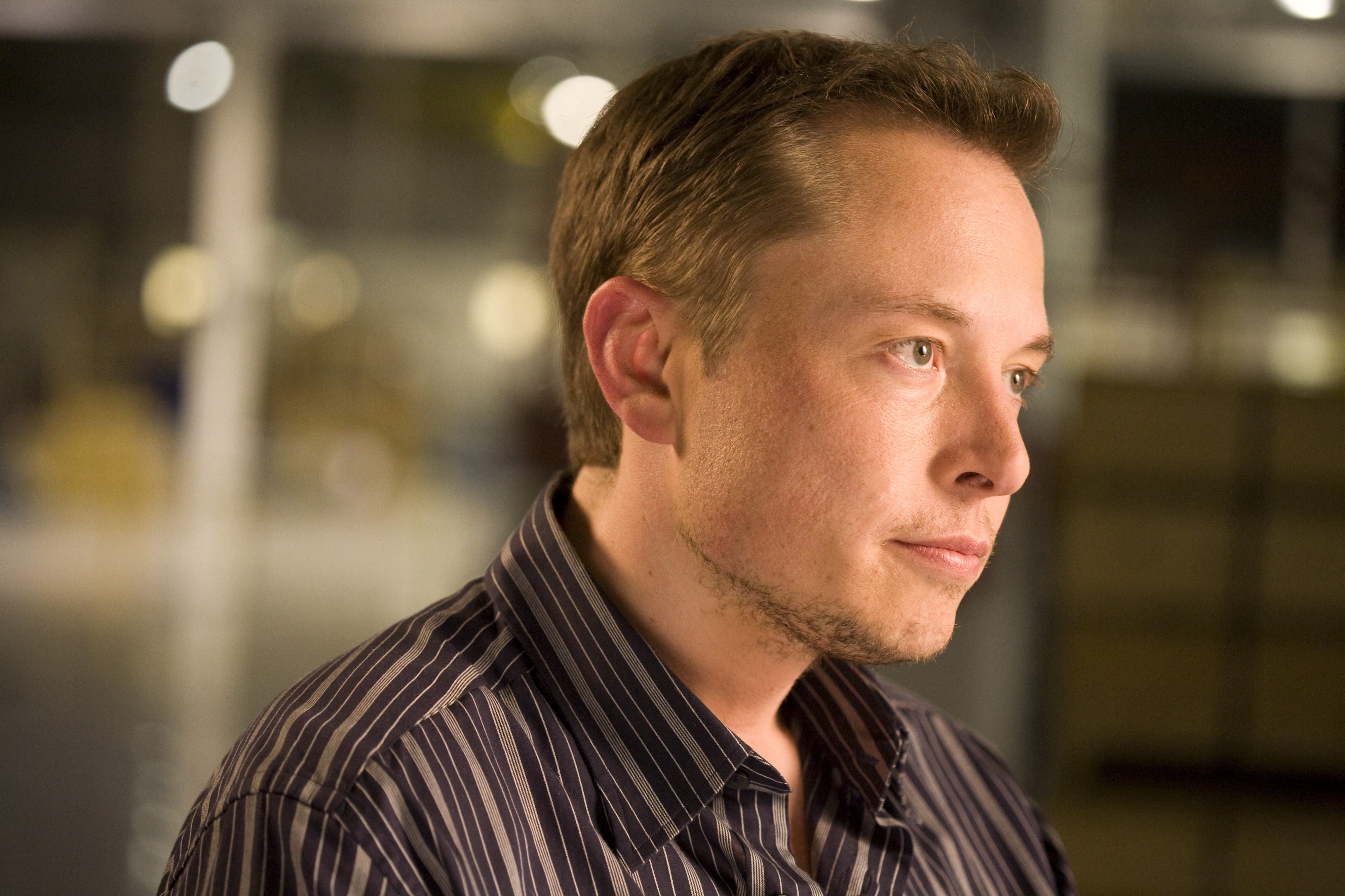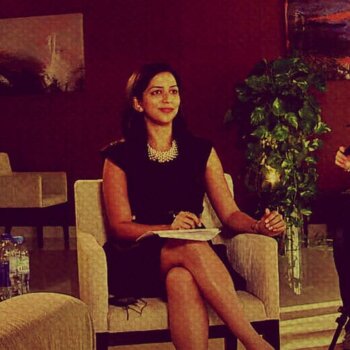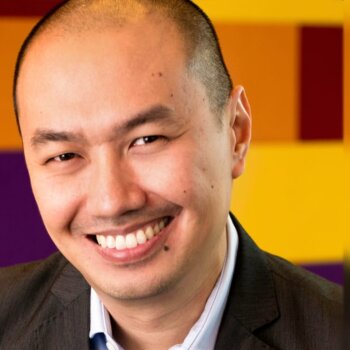The Austrian satirist Karl Kraus once quipped, “I had a terrible vision: I saw an encyclopedia walk up to a polymath and open him up.”
It’s only funny because of what it reveals to be one of the greatest truths about our world.
The most consequential term in Western language is also quite possibly the most forgotten, and thus the least understood. Polymaths — people described mundanely as “having learned much” — are in fact anything but ordinary.
There are other terms we now use freely to describe what is meant by a polymath: jack of all trades; renaissance man; genius; generalist; amateur. While we use these terms to imply very different things from one another, they all have polymathic origins in common, describing those given to serious experimentation and reflection, with minimal bias and maximal curiosity, without regard to the prevailing state of things. They describe, above all, people with a specific interest in the intersection of things — that is, how one sphere of our world might relate to others, outside of itself.
To be a polymath, one’s knowledge must span a substantial number of subjects, in order “to draw on complex bodies of knowledge to solve specific problems,” according to Wikipedia.
Perhaps my favorite term for polymath is amateur. That’s because after 200 years of increasing specialization — a singular and conspicuous deviation from 99% of integrated human history — we think of an amateur as someone who doesn’t know much; or who, without specific academic or professional credentials, is often overlooked or dismissed for being “unsuited” to have an opinion, or insight.
You know — not an expert.
The incredible thing about this prevalent attitude is that reality runs 100% counter to it. So-called experts are people whose depth in one area acts as much as a pair of blinders to everything else about the world. An impairment. That’s true because of the immense single-focused draw specialization requires of one’s time and mental energy, blinding one to what lies outside of itself; and equally, because the more one’s identity or world view is wrapped up in a deep and narrow slice of life, the more precious that world view becomes, lest it be shown to be incomplete, or even faulty.
One of my favorite quips goes, “An expert is someone who knows more and more about less and less, until they know absolutely everything about nothing.”
But if we are not an expert, then what are we?
In the prevailing view under post-Industrial capitalism, the answer is: “Not much.”
Which means, to an expert without expertise — or whose expertise is questioned — it is tantamount to questioning the very value of that person, as a human.
This is the world we (nearly) all live in.
It is also, woefully, ignorant of our own history.
Polymathy: A Brief History
There is nothing — nothing — I admire more than a polymath. I know I should probably admire first responders, men and women in uniform, and altruistic parents more.
But the fact is, I don’t. I admire polymaths more than anything. I am in awe of them. I aspire to be one, one day. The older I get, the more questions I ask, and the less precious I am about specific outcomes, and as a result, the greater my perspective becomes. This is utterly addictive, and above all, causes one to seek more of the same — to feed it. Seeing is a beautiful thing, which is another way of saying “not knowing”. Not knowing opens the door to the world; whereas thinking we know it slams that same door shut.
I am, as we all should be, eminently grateful for everything polymaths have done for us — for the world they effectively created, and which we enjoy.
Because without the polymath, the world would be very, very different. Without the polymath, our architecture, infrastructure, healthcare, science, philosophy, engineering, technology and systems of governance would all be pale shadows of what they are today. In fact, some — or most — of them may not even exist.
Polymaths invented pretty much all of it.
And polymathy is dead.
What Happened?
The Industrial Age killed it; and Capitalism hid the body, lest it be found.
Two hundred years ago, the birth of the Machine Age demanded specialization, not only because tools became more complex, requiring specialized knowledge to operate them; but equally because for the first time in human history, productivity was no longer limited by the human body, and thus the role of humans in building the world and its institutions also changed. And in doing so — in the division of labor that followed — people became thought of as units of productivity, there to be capitalized upon.
There’s a very dark side to what happened next. As humans specialized, a steep price began being paid. What was lost in our transition from generalists to specialists, more than anything, was perspective. Perspective can only be gained from outside of any given context. From within it, one can only solve a small problem, or deepen an existing thought or activity. This is all good and well. Deep proficiency was never an impediment to human reach; it has been central to the ability of experts to build upon that which polymaths created — the insights they made, and which led to leaps past prevailing paradigms.
The world’s greatest polymaths all drew on what we would recognize as expertise today. The difference between what we do now and what we used to do is that in stark contrast to today’s targeted educational, professional and legal structures, the learn-dabble-diversify paradigm of yesteryear was far more integrated, and less rigid. It understood that everything in one area of our lives influenced everything in the others.
Like nature itself, human activity also unfolds within a finite, interdependent ecosystem. Nothing in the human world doesn’t impact everything else in it. Our emotions impact our bodies, and vice versa. Our education and work influence one another, and either expand or limit our understanding in the process. Our contributions all feed into a context that is larger than any of us, but from which we all benefit regardless, and (most of) which we all need, if we are to survive. A problem in one sphere of the ecosystem drags down other areas around it, which then have to pivot, either in compensation or as a countermeasure. And nothing of deep value ever conceived by a human mind and/or brought into reality ever happened without the contribution of others, or by the influence and/or inspiration of what came before it.
In truth — and this is one of the key points — the broader this sphere of influence has been on the minds that have contributed to world-building, the greater the insight was that emerged, and the farther we have been able to advance our understanding of what was possible, necessary, or better, without — paradoxically — being simultaneously burdened by what we already knew.
The holy grail of advancement is insight. And insight lies squarely in the intersection of things — not at the bottom of a trench, however deep we continue to dig, far from the surface.
Said another way, while expertise provides us with horsepower on the battlefield, polymathy aims it, from central command.
We need look no further than quixotic, contrarian or unsanctioned thinking to see the different archetypes at play. To an expert, thoughts that lie outside of accepted dogma — that question things an expert has concluded represent “truth” or “best practice”, are threats.
Well, to a polymath, those same outlier thoughts go by another name: stimulation.
The two couldn’t conceive of “left field” thinking differently. An expert relies on accumulated learning to focus action and arrive at conclusions. A polymath relies on skepticism and unencumbered riffing to open thinking, without prejudice as to where it takes them.
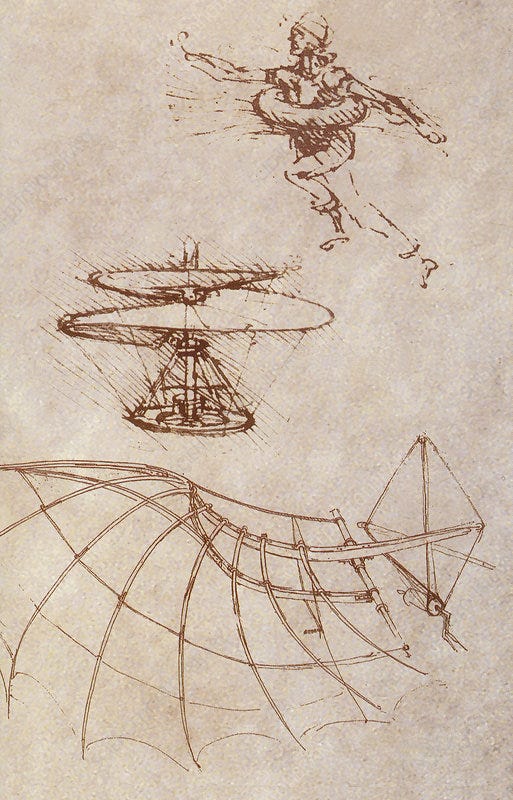
Leonardo da Vinci — the archetypal Renaissance Man and one of the greatest polymathic geniuses of all time — said:
“The greatest deception men suffer is from their own opinions.”
The lesson in this incredible statement is that by “knowing” we stop “seeing”. I have felt this way for as long as I can remember, in my own profession, where I observe confirmation bias at play with those most vested in certain outcomes that favor or burnish the area of their expertise, rather than treating all knowledge with the skepticism and dispassion it deserves, if we are to improve our understanding and embrace change, rather than preserve what already is.
Henry Ford’s quip about horse-and-buggy-era Americans looking for a faster horse — not the car they didn’t know was even possible — comes to mind.
Sticking with our favorite polymath, Da Vinci shared more insight:
“Why does the eye see a thing more clearly in dreams than the imagination when awake?”
He is pointing out that we are to blame for creating our own limits, performing intellectual gymnastics to rationalize or control our own creative intuition.
To be reasonable. Or to fit into a box — preferably one with several initials trailing our name, each of which increases our earning potential.
This attitude is self-subterfuge, and it cheats the rest of humanity of our best selves.
That’s because insight can and does come from anywhere. It is not the domain of experts. It is the domain of amateurs.
Amateurs aimed human learning itself, as a process of inquiry. Amateurs created our physical environment. Amateurs created every field of human activity, including math, science, medicine, the humanities, psychology and technology. Amateurs showed us where we came from. And amateurs — aka polymaths — continue to show us where we can go.
It’s just that there are almost none left. That’s because our current educational paradigm — created to service our capitalist, productivity-obsessed ends — has taken would-be polymaths and drilled a number of polymath-killing “truths” into them, again and again. Listen to what your teachers are telling you. Get good grades (i.e.: get the answers right). Regurgitate the content you have been asked to memorize. Everything has a “right” and “wrong” answer; you need to know more right ones than your competitors, to gain status/ grades/ raises/ opportunity. Decide what you want to be when you “grow up”. Meet deadlines. Make your peers look good. Play nice. Respect your elders. Obey the rules. Parents know best. This just isn’t done. Yadda yadda.
Polymath-killers, all.
In the process, we are not only telling — training — children (and adults!) not to question their world; we are telling them it is a waste their energy to do so, because it causes them to lose their focus on what matters: getting good grades to get into the “right” college so they can pick the “right” profession, in order to either climb the corporate ladder or succeed as an entrepreneur, all in order to make “real” money, as a productive member of society — with no accolade being more esteemed than that of expertise, or another form of perceptual leadership in one’s field.
<Exhale>
Polymaths weren’t concerned with any of that. They cared only to indulge their open-ended curiosity, learning something substantial about many areas of activity, without becoming lost in any of them. They put in hard (but utterly enjoyable) work, feeding their minds what they didn’t already know or think, while resisting two things: the preconceptions that every human was (and is) given to developing in the service of “knowing”; and the urge to go too deep, rather than wide enough.
But polymathy is more than that.
What Is a Polymath, Anyway?
Beyond the bland sentence I opened this piece with, a polymath is about the most exciting thing there is. A polymath has unquenchable thirst for understanding. And not about one thing; about everything. Polymaths are uncowed by whether or not they have formal training, or licenses, or deep expertise in any area about which they are curious. And polymaths understand that everything they understand about one area of life serves no greater purpose than to broaden their contextual understanding of others.
In other words, their broad exposure allows them to make connections between things, which in turn lead to illogical — what we now like to call outside-the-box — thinking. It is curiosity, more than anything, that drives the polymath. And it is the act of discovery — of “aha moments” small and large — that feed further inquiry.
Polymaths are admittedly people who commonly exhibit great mental faculties — perhaps beyond the average, and then some. But whether or not this is the case, every human carries immense potential, there to be tapped — or criminally, ignored. So the point here is that we each have a range of capacities, and it is a function of how we cultivate or limit these potentialities that we determine whether we even stand the chance of becoming a polymath.
The price of entry is quite modest.
Philosophy — the Ancient Greek study of general and fundamental questions, such as those about reason, existence, knowledge, values, mind and language, as Wikipedia puts it — is the first layer of a polymathic education.
Today, in a commerce-obsessed world full of busy people who are busy finding ways to focus energies on things that will help them to make, spend or exchange increasing amounts of capital in order for numbers on a spreadsheet to grow, and along with them, our own possessions and access to things, philosophy is seen as an esoteric thing — there for the rudderless, or for people without more serious things to do with their time.
It is decidedly not seen as the bedrock of our very existence that it, in fact, is.
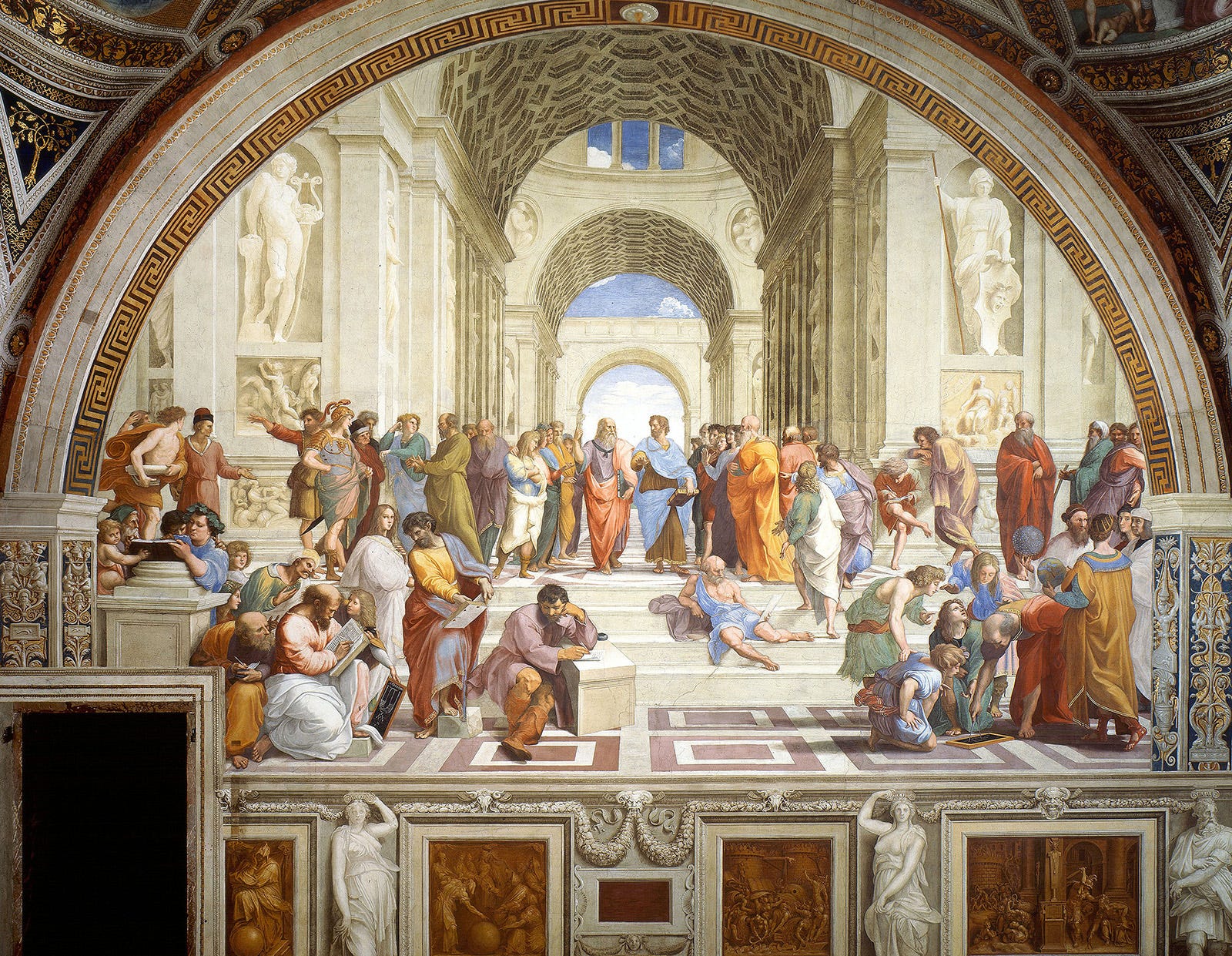
Aristotle and the Cementing of the Polymath
The educational paradigm of Ancient Greece, one could argue, began and ended with the philosophy they invented, no one more than Aristotle, a proto-polymath. Aristotle founded the Lyceum and its famed Peripatetic School — a school of empirical philosophy that favored experience over theory. Aristotle didn’t recognize the difference between philosophy and science. His aim was to uncover the “why” of things.
Because of this, and the fact that Aristotle didn’t recognize boundaries to his curiosity, his writings covered what we would now call the “fields” of biology, zoology, physics, metaphysics, logic, ethics, theology, music, poetry, economics, theater, politics and government.
By today’s standards, he had no business looking into any of it.
He had no qualifications!
And yet: Aristotle’s contributions to our understanding of the world cannot be overstated. He is considered to have “exerted a unique influence on almost every form of knowledge in the West” — one that “continues to be a subject of contemporary philosophical discussion,” according to Wikipedia.
That is, everything he thought about in his amateur way still holds sway over our lives, some two thousand four hundred years after his death.
Again, he had degrees in none of it. All he had was his mind and his powers of observation, fed by everything that came across his path. And as a result, we continue to live in a world he largely created for us.
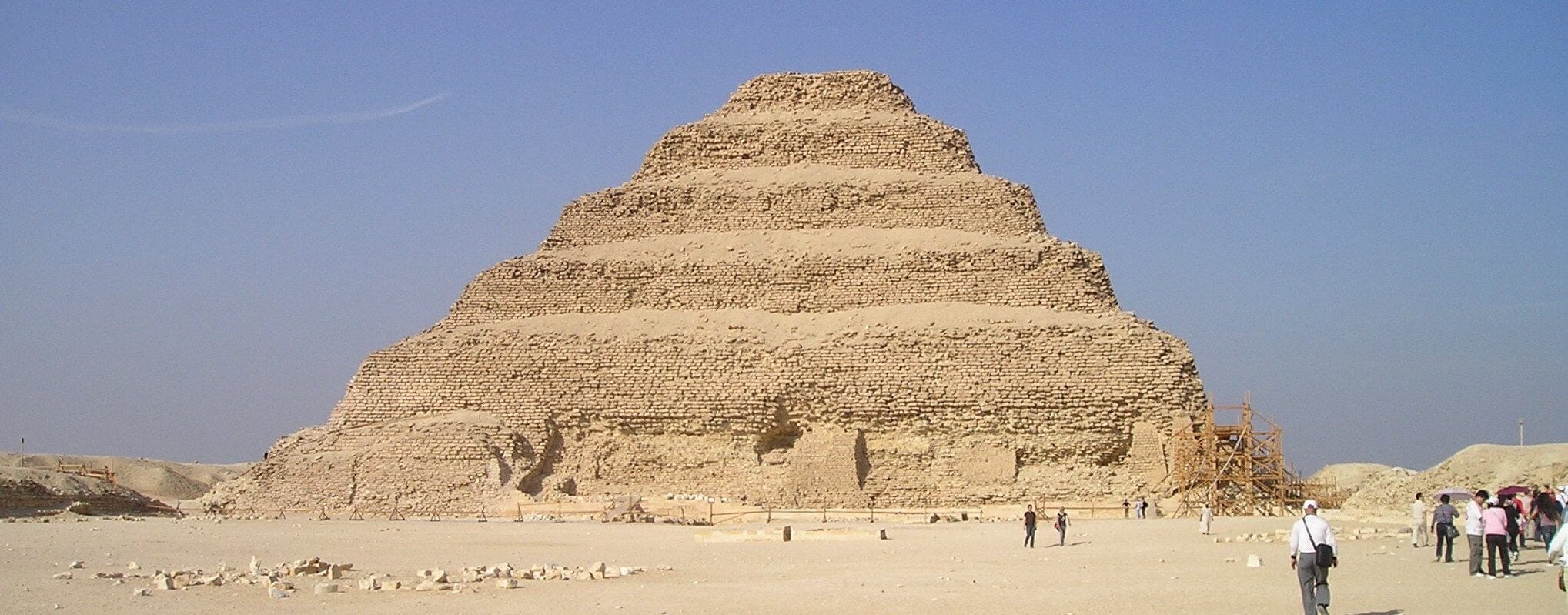
Polymathy’s Rise and Fall
A woefully incomplete, but still interesting, timeline of polymaths can be found here. I skipped Imhotep, who preceded Aristotle — a man I reference often, because he was the first recorded architect in history, having created the column, and the pyramid. He was also a high priest, chancellor to the king of Egypt, carpenter, sculptor, vase-maker and the first doctor… ever. One could argue that Imhotep was the world’s first polymath.
Leonardo da Vinci, whose quotes I used above, is widely considered history’s greatest polymath. His contributions to painting, drawing, architecture, science, music, mathematics, engineering, anatomy, geology, astronomy, botany, paleontology and cartography — along with inventions like the helicopter, the scuba tank, armored vehicle, parachute, solar power, adding machine and double hull ship — moved all of humanity forward, presaging things some of which took hundreds of years to mature or be realized after his fertile imagination conceived of them. Some of these things were simply unfeasible in his time.
Da Vinci, like many other polymaths, had no formal academic training. Instead, he educated himself.
He’d be laughed out of polite society today — considered no more than an eccentric futurist, or quack. After all, he never earned a diploma, trained under an accepted master, or “paid his dues” in nearly any field he dabbled in — all of which he advanced for humankind, regardless.
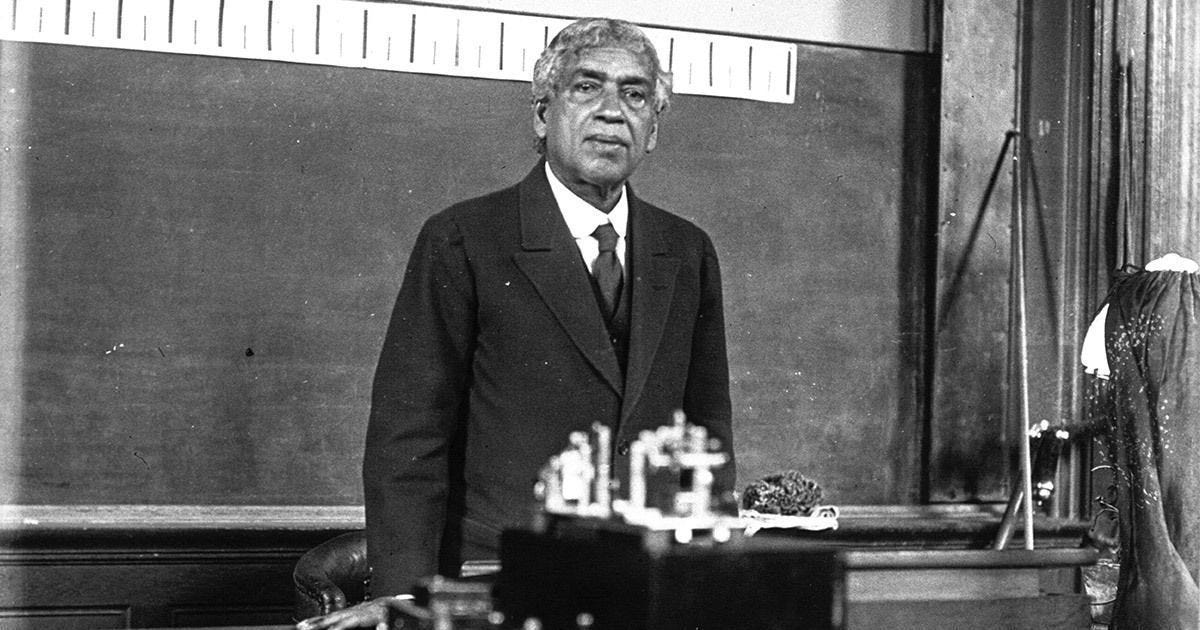
Then, there was Jagadish Chandra Bose. An archeologist, physicist, botanist, science fiction writer, biophysicist and fine arts connoisseur, the 19th century Bengali polymath laid the foundation for much of our most current science, today. Radio waves, microwave technology, prototypes for wireless communications and solid-state physics on which semiconductors are now based, were all birthed in his fertile imagination.
Bose said:
“The true laboratory is the mind, where behind illusions we uncover the laws of truth.”
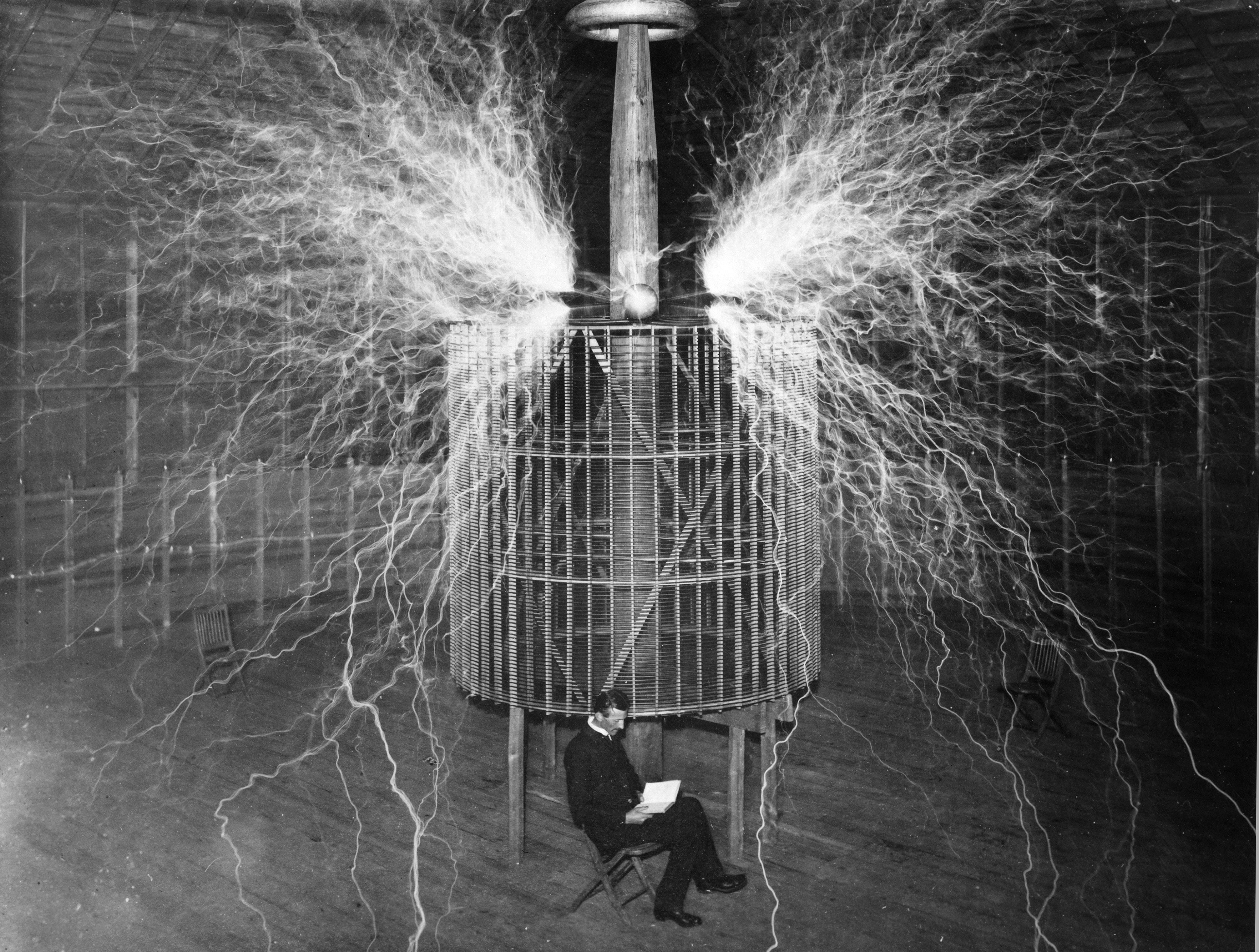
Contemporary with Bose, polymath Nikola Tesla is finally having his heyday today, partly thanks to Elon Musk’s nod to him in the car company that bears his name, and which itself has appropriately also helped to steer us away from destroying ourselves.
Tesla’s work is being revived a century after his greatest contributions were buried by capitalist competitors who couldn’t find a way to monetize things that would fuel all of mankind, for free. They feared that his vision would undermine their ability to gain economically his genius. An inventor, engineer, hyper-polyglot (he spoke 8 languages) and futurist, if Tesla’s inventions had won the day over Edison’s — another polymath — we may not be suffering from the environmental destruction that has conspired to threaten our very existence. Instead, penniless, Tesla died without receiving the attention he deserved, for the world-improving inventions he conceived. These included the induction motor, x-rays, radio-controlled vehicles, hydroelectric power turbines, wireless transmission stations, and AC power (which he didn’t invent, but advanced and perfected, before Edison “stole” it back from him). He also discovered the electron, radioactivity, cosmic rays, terrestrial resonance, standing waves and pioneered the fluorescent light bulb.
Tesla’s eponymous Coil could wirelessly power entire cities. Portions of it still power radios, to give an idea of how this works: magically.
His Tesla Turbine — an alternative to the automotive piston engine — was 60 percent fuel efficient, over 100 years ago; far more than even today’s piston engines do. As with everything else, his backers saw more value in the piston engine because it drove fuel sales, which made them rich, while slowly killing our atmosphere in the process.
And Tesla’s hydroelectric plant for the Niagara Falls Commission — still in use today — pioneered this “green” energy. It still powers Buffalo and New York City, and set the standard for modern plants.
We’ll stop there.
Tesla said:
“The scientists of today think deeply instead of clearly. One must be sane to think clearly, but one can think deeply and be quite insane.”
Pythagoras, Archimedes, Cicero, Zhang Heng, Alhazen, Alberti, Michelangelo, Galileo, Pascal, Newton, Leibniz, Franklin, Jefferson, Goethe, Bacon, Russell, Schweitzer and Musk. He more than anyone alive today deserves that honorific.
There isn’t one aspect of modern life that cannot trace its origins — or its apogee, for that matter — to a polymath.
Final Thoughts
To recap: capitalism killed the polymath, because our value system no longer made place for broad and open-ended — non-directed, pragmatism-agnostic — inquiry. The Two Industrial Revolutions made the rise of capitalism possible, with its machines. This in turn necessitated a structured and fragmented division of human labor. The siloing of human activity naturally transformed the education of humankind, because it was good business to do so, and gave individuals their best chance of “succeeding” financially in society. And as I’ve said before, for at least a hundred years, if not two, nations and their leaders have advocated, enacted, legislated and policed the maximization of economic contribution, as the greatest application of human capital.
Money is increasingly, toxically confused for purpose.
These are the things that have conspired to kill the polymath.
We are deeply in this predicament today. We live in a world of experts, and our laws have been written to favor experts over amateurs due to economic influences and the perception of human purpose, to the detriment of individuals and communities alike. And yet, in spite of our convictions, we all suffer for lack of polymathic thinking within our ranks.
The fact is, we are downright antagonistic to “meddlers” who stick their noses into areas of thought or activity in which they “have no right”, by which we mean no sanctioned accolades; and we throw the power of our institutions at discrediting them, lest we open the door to competition, or competing ideas.
What would-be polymath would want to wade into those mucky waters?
The answer is: only those who cannot help themselves from doing so.
And so: while polymathy as a focus of human activity is all but gone, and is met with derision and aggression by those whose lives psychologically and economically depend on their standing within their chosen field of financial generation and contribution, it exists nonetheless in the hearts and minds of those who cannot help it.
But. If I were tasked with creating a better model of society, then beyond it looking a lot like the Peripatetic School or Thoreau’s Walden Pond, it would start with three statements:
- There is no greater good than the cultivation of curiosity, indulged regularly and without prejudice as to outcomes, or direct utility.
- The more one knows about more things, the better one can act in the world, with increasing perspective.
- Our ability to cultivate broad-based curiosity and open-ended exploration and discourse must therefore be the starting point for parents, educators and governments, in the formation of attitudes and institutions that will safeguard and propagate these treasures.
For the rest of us, in the “real world”, pseudo-polymathic acts are still firmly within each of our grasps. We are met with choices every day. Within each, we can choose the deep and narrow route; or we can choose the wide and shallow one. We can choose to know, or we can choose to see. We can drive to answers, or we can learn to question our questions, to expand them. We can surround ourselves with people who make us feel better about ourselves, or who share our views about everything, or we can find those who challenge us to grow, or whose own thoughtfulness makes us wonder more, not less. And we can give in to judgment — including dismissiveness and bias toward expertise — or we can engage in discourse and listening with those who have nothing more than ideas to share, and dreams of a future that looks nothing like the present.
These things are all well within reach, to every person on Earth.
And while they might mostly be gone, we have polymaths to thank for all of it.
